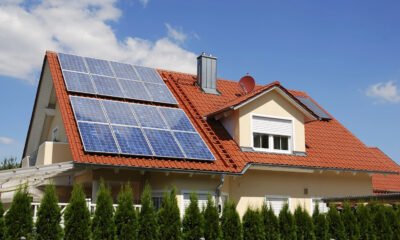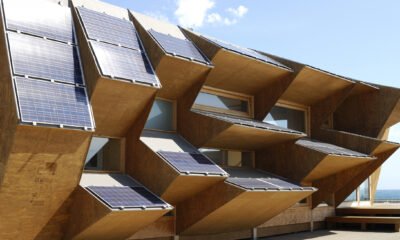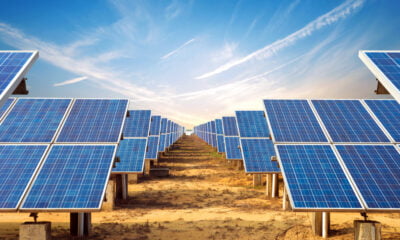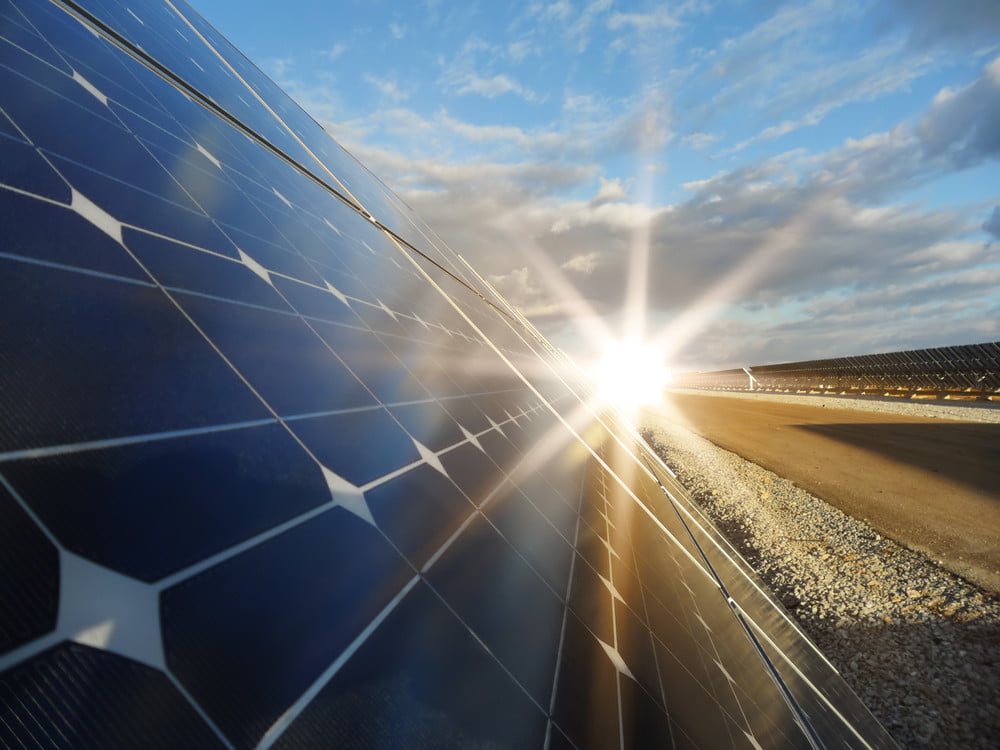
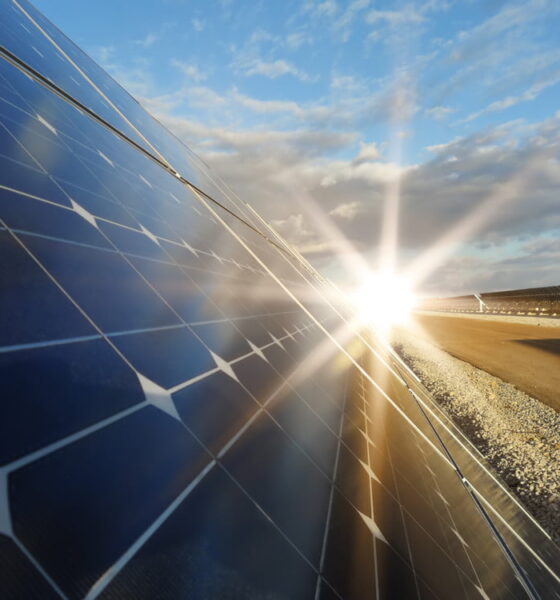
Features
Are Solar Panels Overhyped or the Perfect Green Investment?
The global solar energy market is growing rapidly. It is expected to be worth over $420 billion in the next three years.
There are many important factors to consider if you are planning to have solar energy installed in your home. Here are some of the most important benefits and setbacks of solar energy.
Benefits of Solar Energy.
Reduced electricity bills
Perhaps the most important benefits of having solar energy is the capacity to reduce the amount of energy required from the grid. It has been estimated that a solar energy source can save anywhere from £10,000 to £20,000 over a span of about 20 years. The actual savings will be dependent on a variety of factors such as home size, regular usage, etc.
Unlike using utility power, homes with solar energy earn a great rate of return on their investment. Furthermore, in the event that your solar energy production is more than you actually use, you get paid for the surplus.
Financial support from the government
There are also special government and state incentives to use solar energy at your home or business. While the details will be different from state to state, the taxpayer can receive as much as 30% of the installation costs in tax benefits. Find out more about Solar Panels in UK.
Energy independence
Unlike fossil fuels like coal, gas and oil that fuel most power plants, solar energy is pure and inexhaustible. It is probably the most sustainable power source in the world. By using solar energy, you remove pressure from the regular oil and gas-dependent grid, which leads to a more sustainable future. This will be especially important as the demands for energy climb higher and higher.
Reduce your carbon footprint
Solar energy can be collected to power your home without letting off any emissions. While there is always some carbon footprint due to the need for manufacturing and transportation, solar energy is clean and emits no pollutants or greenhouse gasses. The average American home emits almost 15,000 pounds of CO2 each year. By installing a solar power plant, this figure can be reduced by as much as 3,000 pounds of CO2 each year.
Requires little maintenance and has longevity
You can expect the average system to last for around 20 years. Over this time your solar plant will not need much maintenance or care. The installation company who provides your solar energy system will provide you with details about how much maintenance your system will need. Furthermore, solar technology is moving fast and the same sized solar panels from last year will produce even more power this year.
Disadvantages of solar panels
High initial cost
While the reduced energy expense in the future will help to offset the initial cost of installation in the future, the cost of installation can be pretty high. Including all the costs of installation, equipment, panels and job done right your total cost could come in at about £20,000. Furthermore, if you have appliances that run on DC (direct current) these will be more costly to operate.
Weather dependence
Your solar panels will need sunlight to operate well, so obviously they will not work at night. But, even on a cloudy day, you can expect them to create a lower level of energy. The thing to consider is whether you live in an area with regular clear blue skies or more grey and cloudy weather. Your system will also produce less electricity in the winter months.
Inability to take it with you when you move
For many reasons, if you choose to sell your home, you will not be able to take your solar energy system with you and continue enjoying the energy-saving results. Theoretically, it is possible to retrofit your solar panels to a new roof if you have moved but it is not generally a good idea as it can damage both the panels and the roof.
Limitations from your surroundings
Many solar energy companies will operate within one state or region. If you find yourself located far away from one of these coverage areas, you may find it difficult to access solar energy. Furthermore, you may have trouble getting good customer service if you do have your solar energy panels installed in a remote rural location.
Inconvenience in inner cities and other areas with limited space
Your solar energy system will require a very specific environment to function optimally. So it may be inconvenient to try and set up your solar energy system in the city or some other restricted environments. You will also need about 100 square meters of clear roof space for a single kilowatt of energy. All this will need to be considered before your solar energy plans can become a reality.
Solar Energy is a Great Resource but Has Its Drawbacks
Solar power is getting a lot of attention by people interested in sustainability. It is without question a very reliable resource. However, there are still disadvantages that green consumers need to know about.


 Environment12 months ago
Environment12 months agoAre Polymer Banknotes: an Eco-Friendly Trend or a Groundswell?

 Features11 months ago
Features11 months agoEco-Friendly Cryptocurrencies: Sustainable Investment Choices

 Features12 months ago
Features12 months agoEco-Friendly Crypto Traders Must Find the Right Exchange

 Energy11 months ago
Energy11 months agoThe Growing Role of Solar Panels in Ireland’s Energy Future
